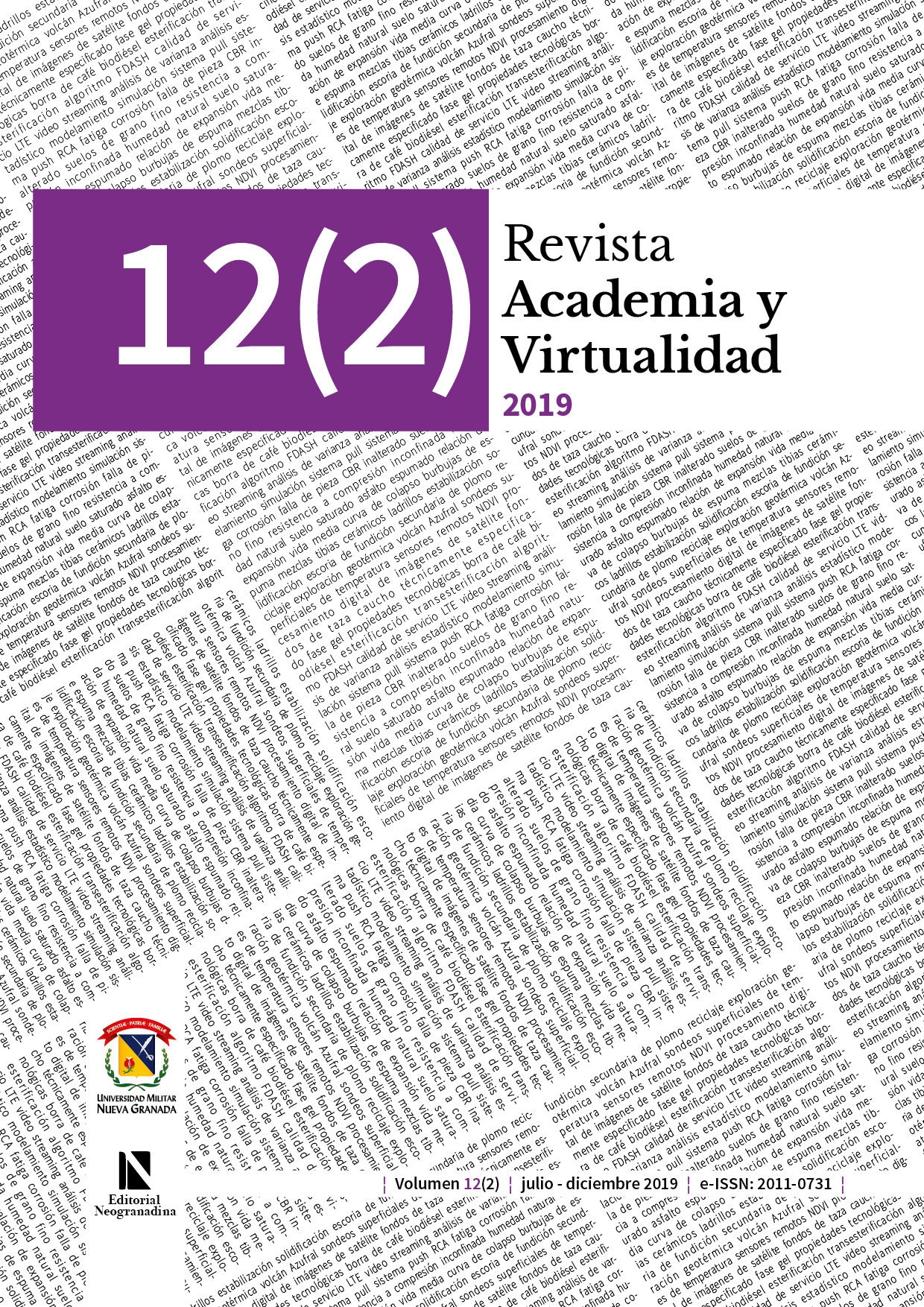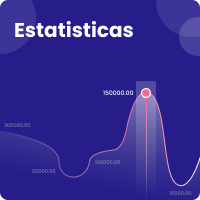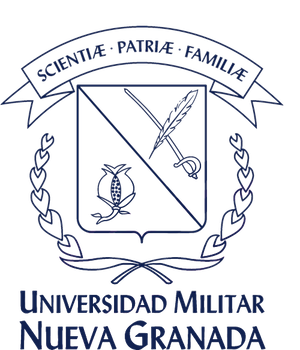Estágio administrativo-contábil: vinculação entre teoria e prática na formação inicial de docentes
Resumo
Este artigo foca nos achados de um projeto de pesquisa cujo objetivo é demonstrar como os estágios contribuíram para vincular a teoria e a prática na formação inicial de docentes. Além disso, identificar as percepções e as considerações que os envolvidos nesse processo fazem sobre essa experiência formativa. O método combina técnicas quantitativas e qualitativas com a intenção de compreender a realidade em estudo. Foi considerada a participação de estudantes da modalidade a distância, docentes assistentes e tutores dos centros de estágio. Os resultados evidenciam que a implantação dessa experiência formativa contribui, em grande medida, para fortalecer e consolidar capacidades do campo disciplinar, além de desenvolver competências genéricas.
Downloads
Referências
Abarca, A., Alpízar, F., Rojas, C., y Sibaja, G. (2012). Técnicas Cualitativas de Investigación . San José : Editorial UCR.
Almeyda Hidalgo, L. (2016). Arrojados en la acción: Aprender a enseñar en la experiencia de práctica profesional. Estudios pedagógicos (Valdivia), 42(4), 11–30. https://doi.org/10.4067/S0718-07052016000500002
Araya, I., y España, C. (2012). La autonomía profesional. Competencia Clave para el docente de Educación Comercial. Educare, 16(2), 163-170.
Badali, S. (2008). Student teacher stress in the extended practicum: A Canadian context. Policy and Practice in Education, 14, 10–36.
Berliner, D. (2000). A personal response to those who bash teacher education. Journal of Teacher Education, 51(5), 358–371.
Caires, S., Almeida, L., y Martins, C. (2010). The socioemotional experiences of student teachers during practicum: A case of reality shock? The Journal of Educational Research, 103(1), 17–27. https://doi.org/10.1080/00220670903228611
Callejas, J. S. Z. (2015). El modelo y enfoque de formación por competencias en la Educación Superior: apuntes sobre sus fortalezas y debilidades. Academia y Virtualidad, 8, 24. https://doi.org/10.18359/ravi.1420
Chaves Torres, A. (2017). La educación a distancia como respuesta a las necesidades educativas del siglo XXI. Academia y Virtualidad, 10. https://doi.org/10.18359/ravi.2241
Choy, D., Wong, A. F.L., Goh, K. C. y Ling Low, E. (2014). Practicum experience: Pre-service teachers’ self-perception of their professional growth. Innovations in Education and Teaching International, 51(5), 472–482. https://doi.org/10.1080/14703297.2013.791552
Cifuentes, G. (2011). Diseño de proyectos de investigación cualitativa.Argentina: Noveduc.
Clayton, K., Smith, H. y Dyment, J. (2014). Pedagogical approaches to exploring theory–practice relationships in an outdoor education teacher education programme. Asia-Pacific Journal of Teacher Education, 42(2), 167–185. https://doi.org/10.1080/1359866X.2014.894494
Clemente, M. (2007), “La complejidad de las relaciones teoría-práctica en educación”, Teoría de la Educación, vol. 19, pp. 25-46.
Crew, T., y Bodenhamer, J. (2009). Preparing student teaching interns: Advice form current business educators. The Delta Pi Epsilon Journal, 51(1), 43-55.
Darling-Hammond, L., y Bransford, J. (2005). Preparing teachers for a changing world: What teachers should learn and be able to do. San Francisco, CA: Jossey-Bass.
Del Pozo, R., Fernández, P., Gonzáles, M. y Juanas, A. de. (2013). El dominio de los contenidos escolares: Competencia profesional y formación inicial de maestros. Revista de Educación, 1–18.
Fletcher, E., Mountjoy, K., y Bailey, G. (2011). Exploring the preparedness of business education teacher candidates for their internships: The perspectives of mentor teachers. International Journal of Adult Vocational Education and Technology 2(4), 28-42.
Freixa, M., Novella, A. y Pérez, N. (2012). Elementos para una buena experiencia de prácticas externas que favorece el aprendizaje. Barcelona: Editorial Octaedro.
Gonzáles, L., y Larraín, A,. (2005). Formación Universitaria Basada en Competencias: Aspectos Referenciales . Currículo Universitario Basado en Competencias (págs. 54-57). Baranquilla: Cinda.
Gray, C., Wright, P. y Pascoe, R. (2017). Raising the Curtain: Investigating the Practicum Experiences of Pre-service Drama Teachers. Australian Journal of Teacher Education, 42(1), 36–53. https://doi.org/10.14221/ajte.2017v42n1.3
Grossman, P., Schoenfeld, A., y Lee, C. (2005). Teaching subject matter. In L. Darling-Hammond y J. Branford (Eds.), Preparing teachers for a changing world: What teachers should learn and be able to do (pp. 201-231). San Francisco, CA: John Wiley & Sons, Inc.
Grosu, C., Almasan, A., y Circa, C. (2015). Research, Difficulties in the accounting research-practice teaching relationship: Evidence from Romania. Accounting and Management Information Systems, 14(2), 275-302.
Grudnoff, L. (2011). Rethinking the practicum: Limitations and possibilities. Asia-Pacific Journal of Teacher Education, 39(3), 223–234.https://doi.org/10.1080/1359866X.2011.588308
Ibrahim, M.Y. (2011). Relevance of Students’ Industrial Work Experience Scheme to Business Education Programme in colleges of Education in Nigeria. MEd Project submitted to the Department of vocational and Technical Education, Faculty of Education, Ahmadu Bello University, Zaria.
Isah, A.R. (2003). The effect of Students’ Industrial Work Experience Scheme on skill development of Business Education students (A case study of Federal College of Education, Kano). A project submitted to Department of Vocational and Technical Education, Ahmadu Bello University, Zaria. ITF
Kane, M., Berryman, S., Goslin, D., y Meltzer, A. (1990). Indentiffying and Describing The Skills Required by Work. Washington: The Secretarys Commision on Achieving Necessary Skills.
Korthagen, F. y Jos K. (2009), Linking theory and Practice: Changing the Pedagogy of teacher education, Educational Researcher, vol. 28, núm. 4, pp. 4-17
Korthagen, F. (2010). La Práctica, la teoría en la formación del profesorado. Revista Interuniversitaria de Formación del Profesorado, 2, 83–101.
Kug, G. (2008). High-impact educational practices: What they are, who has acces to them, and why they matter.Washintong: Association of American Colleges and Universities.
Loibl, C., y Fisher, P. J. (2013). Academic discipline and personal finance instruction in high school. Journal of Financial Counseling and Planning.24(1), 15-33.
López, F. (2014). Fortalecer la profesión docente: un desafío crucial. Madrid: Narcea.
Martinezon, E. (2016). La importancia de la Educación Comercial. Obtenido de http://listinusa.net/index.php/2016/05/19/la-importancia-de-la-educacion-comercial/
Miles, M., y Huberman, A. (1984). Qualitative data analysis: A source book of new methods.Beverly Hills: Sage.
National Association for Business Teacher Education. (2010). Business teacher education curriculum guide and program standards. Reston, VA: National Business Education Association.
Onnoh, G. y Oluseyi, D (2017) Promoting Institutional Collaborations for Capacity Improvement of Business Educators in Tertiary Institutions in Delta State of Nigeria. Journal of Education and Practice, 8 (14), 79-87
Pereira, J., Das Gracas, M., y Gomes, C. (2015). Among Theory, Practice an Technology: The relation between theoretical and Practical Knowledge in the context of Accounting Training and Thinking of Jurgen Habermas. 12(4), 123-139.
Polkinghorne, F. (2015). A content analysis: coursework for the effective preparation of business education teachers. The Journal of Research in Business Education, 57(1), 1–18.
Ralf, E., Walker, K., & Wimmer, R. (2008). The pre-service practicum: Perspectives of students from three disciplines. Higher Education Perspectives, 4(1), 1-20.
Rozada, José María (2007), ¿Son posibles los puentes entre la teoría y la práctica por todo el mundo demandados, sin pilares intermedios?, en Jesús Romero y Alberto Luis (coord.), La formación del profesorado a la luz de una profesionalidad democrática, Santander, Consejería de Educación de Cantabria, pp. 47-53.
Tejada-Fernández, José; Carvalho-Dias, Maria Lurdes y Ruiz-Bueno, Carmen (2017). El prácticum en la formación de maestros: percepciones de losprotagonistas. Magis, Revista Internacional de Investigación en Educación, 9 (19), 91-114. doi: 10.11144/Javeriana.m9-19.pfmp
Tenti, E. (2007). La condición docente: análisis comparado de la Argentina, Brasil, Perú y Uruguay. Argentina: Siglo XXI.
Tilson, J., Sandretto, S. y Pratt, K. (2017). Connecting theory to practice: Using preservice teachers' beliefs, theories and video-recorded teaching to prompt a cycle of praxis. Teaching and Teacher Education, 67, 454–463. https://doi.org/10.1016/j.tate.2017.07.012
Uramah, M. (2003). The impact of Students’ Industrial Work Experience Scheme on Business Education students. A thesis submitted to Department of Vocational and Technical Education, Faculty of Education, Ahmadu Bello University, Zaria
Vaillant, D y Marcelo, C. (2015). El ABC Y D de la Formación Docente.Mardrid: Narcea
Vizenor, N., Souza, T., y Jordan, J. (2017). Beneficits or participating in service learning business-related classes: Assessing the impact on the community partners. The Journal of Reasearch in Businees Education, 58(1), 1-16
Von Feigenblatt, O. F. (2015). Integración de Teoría y Práctica en Educación Comercial. Revista de Comunicación de la SEECI, 19(35), 172-176.
Yin, R. (1989). Case Study Reasearch: Desing and Methods.Londres : Sage.












